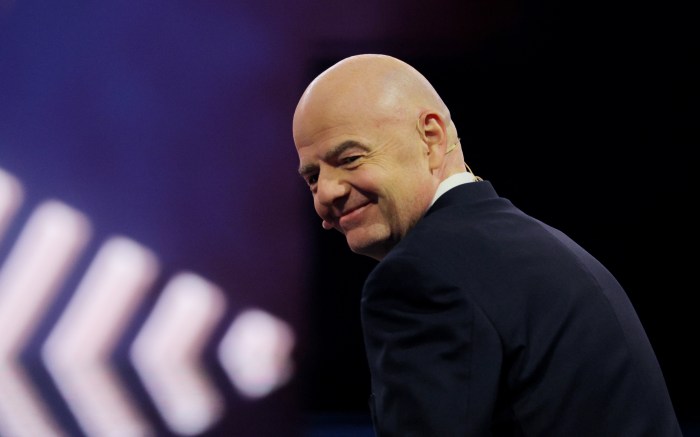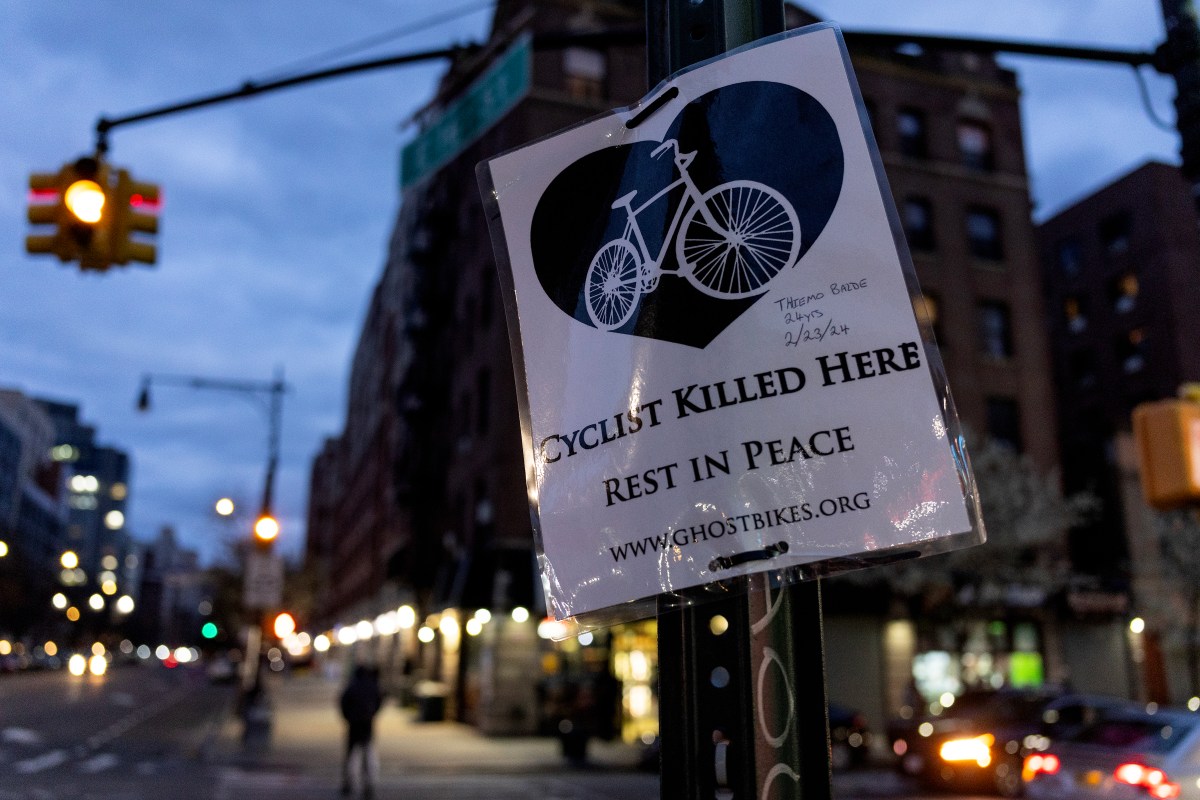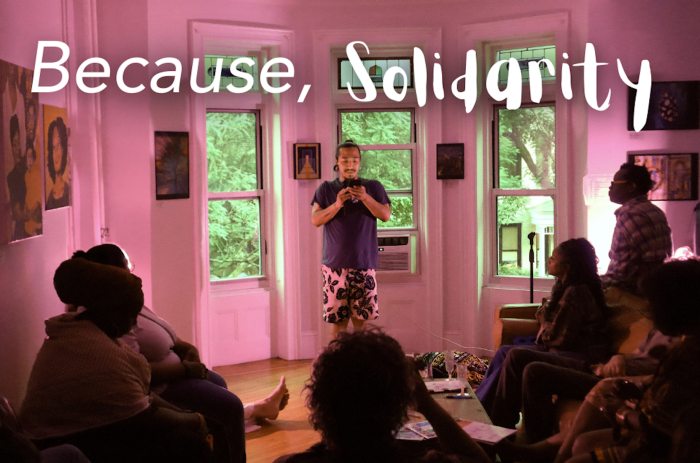When former FIFA President Sepp Blatter announced in December 2010 that Russia and Qatar would host the 2018 and 2022 World Cups, respectively, there was widespread shock and anger around the globe.
The announcement, one of the most significant events in modern soccer, was instantly met with mutterings of corruption and bribery, allegations that Qatar and Russia have consistently denied. Regardless of those denials, the awarding of the 2018 and 2022 World Cups was met with widescale suspicion and hostility.
This time, however, there was no shock when Blatter’s successor, Gianni Infantino, announced Saudi Arabia as the 2034 World Cup host on Wednesday. Their coronation as World Cup hosts has been known for quite some time. The con, on this occasion, has been pulled in plain sight.
Infantino’s FIFA engineered the bidding process to ensure that only Saudi Arabia could bid to host the 2034 World Cup, eliminating any semblance of competition for the Gulf state.
Last year, Infantino controversially announced that the 2030 and 2034 hosts would be announced at the same time, taking the soccer world by surprise. Interested countries would have just weeks to put together a bid.
Moreover, the 2034 bidding process was restricted to countries from Asia and Oceania due to FIFA’s continental rotation rules, meaning that a host continent cannot host any of the following two tournaments to ensure the World Cup is spread fairly across the globe. Under those terms, North America will not be eligible to host again until 2038, with the USA, Canada, and Mexico set to host in 2026, for example.
That appears to be a fair system on the surface, but a cynic may argue that Infantino and FIFA have manipulated it to ensure that Asia—more specifically, Saudi Arabia—would be the only eligible contender in 2034.
FIFA’s hair-brained scheme to host the 2030 World Cup in six countries and three continents has prevented countries from South America, Europe, and Africa from bidding for the 2034 World Cup.
The 2030 World Cup, a special centenary tournament, will take place in Argentina, Paraguay, Uruguay, Morocco, Portugal, and Spain. The first three games will be played in South America to celebrate the links to inaugural hosts Uruguay before the tournament shifts across the Atlantic Ocean to Europe and North Africa.
Not only did that raise serious questions about the impact that such travel will have on impacted players and supporters, but it also paved the way for Saudi Arabia to host four years later.
Only Saudi Arabia and New Zealand/Australia indicated an interest in hosting the 2034 World Cup at the time of FIFA’s announcement, with Saudi Arabia announcing their bid within minutes of FIFA’s announcement.

FIFA’s decision to expand the World Cup to a 48-team tournament means that bidding nations must be able to provide 14 stadiums with a capacity of at least 40,000. Australia and New Zealand had 10 between them and, therefore, were required to commit to building four large stadiums in just 25 days before FIFA’s arbitrary deadline, a huge undertaking for most nations.
Not for Saudi Arabia, however. The Gulf state has almost endless reserves of wealth and instantly committed to building 10 new stadiums for the project. FIFA also conveniently reduced the required number of pre-existing eligible stadiums that a bidding nation must possess from seven to four – the exact number that currently exists in Saudi Arabia.
The bidding process has been a stitch-up since the get-go, underlined by the fact that Wednesday’s official announcement will be met with little fanfare and no news conference, a stark contrast from the announcement of Russia and Qatar as World Cup hosts in 2010.
Although the bidding process may have been different, Qatar and Saudi Arabia will make remarkably similar World Cup hosts.
The 2022 World Cup gained infamy for the litany of human rights abuse allegations leveled at Qatar. A 2021 Guardian analysis found that 6,500 migrant workers died in Qatar during preparations for the World Cup, with thousands more suffering serious injuries.
Construction workers often worked in extreme heat for long hours and lived in squalid conditions in stark contrast to the luxury hotels and complexes they were building.
Michael Page, deputy director of Human Rights Watch’s Middle East division, recently told the New York Times that the scale of risk associated with the 2034 World Cup in Saudi Arabia is even higher. Roughly 13 million migrant workers live in Saudi Arabia compared to 2 million in Qatar. Page said migrant workers in Saudi Arabia work in “remote, harsh conditions” that could exacerbate the human cost of hosting a second tournament in the Middle East in 12 years.
Then, there is the environmental cost of hosting the tournament in Saudi Arabia. Building 10 brand-new stadiums, along with all of the necessary infrastructure, represents a completely unnecessary venture at a time when countries should be scaling back.
It had long been accepted that FIFA’s expansion to a 48-team World Cup meant the days of a single host nation were over, but somehow, a country with just four eligible stadiums has managed to buck that trend.
Saudi Arabia, a country with a population of around 36 million boasting an average attendance of just over 7,000 in its major soccer league, does not need 14 large stadiums.
Of course, there is the argument that FIFA should take the World Cup to all four corners of the globe and give new host nations a chance to host the tournament, but that does not mean handing the World Cup to Saudi Arabia on a silver platter.
Australia and New Zealand would have also made first-time hosts and did an excellent job of hosting the Women’s World Cup last year.
Meanwhile, South America continues to be overlooked by world soccer’s governing body.
Since 1978, a South American country has hosted the World Cup just once – Brazil in 2014 – and, barring three games in 2030, will not host another World Cup until at least 2042.
It is a disgraceful record for a continent that boasts some of the most soccer-rich nations on earth as well as almost half of all World Cup winners.
For more on the World Cup and soccer news, visit AMNY.com


































